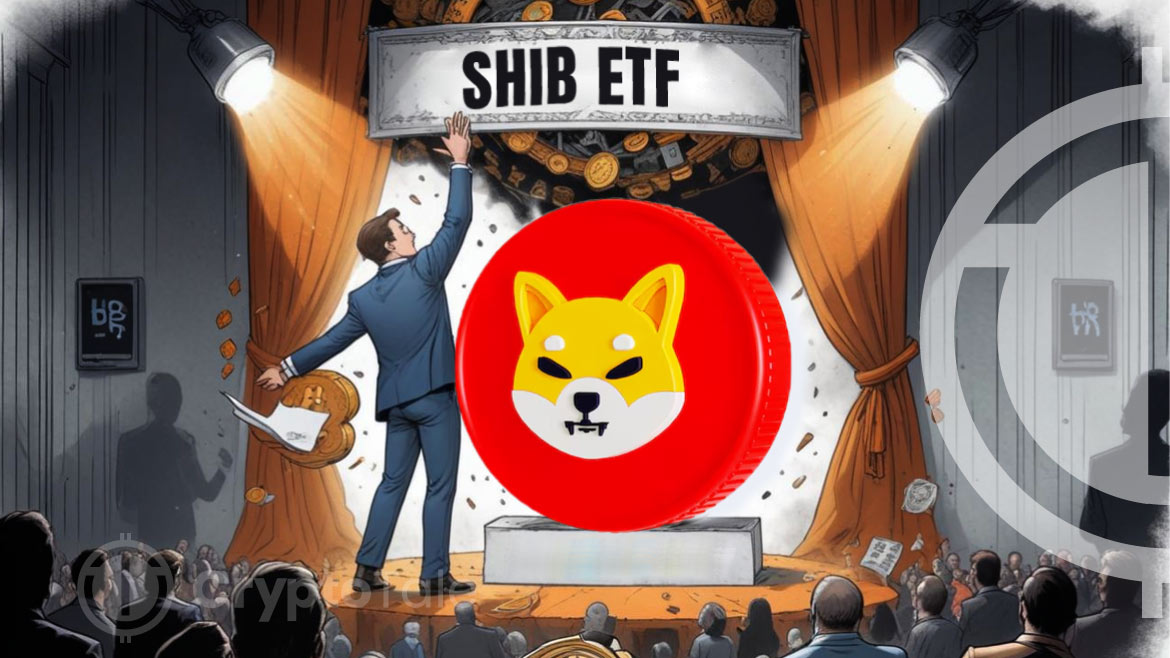- Lucie discusses potential SHIB ETF, highlighting benefits and drawbacks for traditional investors and DeFi.
- SHIB ETF could enhance accessibility, allowing traditional investors to gain exposure without complex exchanges.
- Concerns include centralization, conflicting with DeFi principles, and potential market manipulation risks.
There are ongoing discussions on the feasibility and implications of a potential exchange-traded fund (ETF) for Shiba Inu (SHIB), spearheaded by Lucie, the marketing lead for the Shiba Inu team. In a recent series of tweets, Lucie outlined both the opportunities and challenges that such an ETF could bring to traditional investors and the decentralized finance (DeFi) sector.
The Case for a SHIB ETF (Advantages)
Lucie brainstormed and talked about several benefits that a SHIB ETF could offer. Primarily, it would enhance accessibility, allowing traditional investors to gain exposure to Shiba Inu without the complexities of navigating cryptocurrency exchanges. Furthermore, the tweet also mentioned that as ETFs are regulated financial products, they provide a layer of security and compliance that could attract more institutional investors to the SHIB market.
Moreover, Lucie also said that the ETF could also serve as a tool for diversification, encompassing a basket of related assets, thereby reducing investment risk. Moreover, the introduction of an ETF could boost the demand and liquidity for SHIB, potentially increasing its market value.
Concerns Within the DeFi Community of a SHIB ETF (Disadvantages)
Despite the advantages, Lucie also addressed significant concerns regarding how a SHIB ETF might conflict with the core principles of DeFi. An ETF, by its nature, centralizes control, which she asserts is a stark contrast to the decentralized ethos that DeFi stands for. This centralization could diminish community control and limit individual engagement in governance and other DeFi activities.
Additionally, investors in the ETF would not directly own SHIB tokens, thereby missing out on direct engagement opportunities such as staking. The presence of management fees and the necessity of regulatory compliance could further dissuade DeFi participants who are particularly cost-conscious.
Another critical issue raised was the potential for market manipulation. An ETF could lead to centralized control over SHIB, which might result in manipulative practices that are contrary to the transparency typically associated with DeFi.
Will a SHIB ETF Materialize?
In a subsequent tweet, Lucie expressed confidence that a SHIB ETF is likely to materialize, citing growing interest from institutions that appreciate the decentralized nature of Shiba Inu. This statement suggests a positive outlook on the feasibility of an ETF, despite the mixed reactions from the community.






